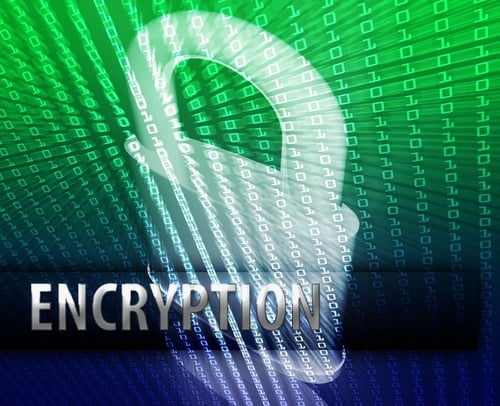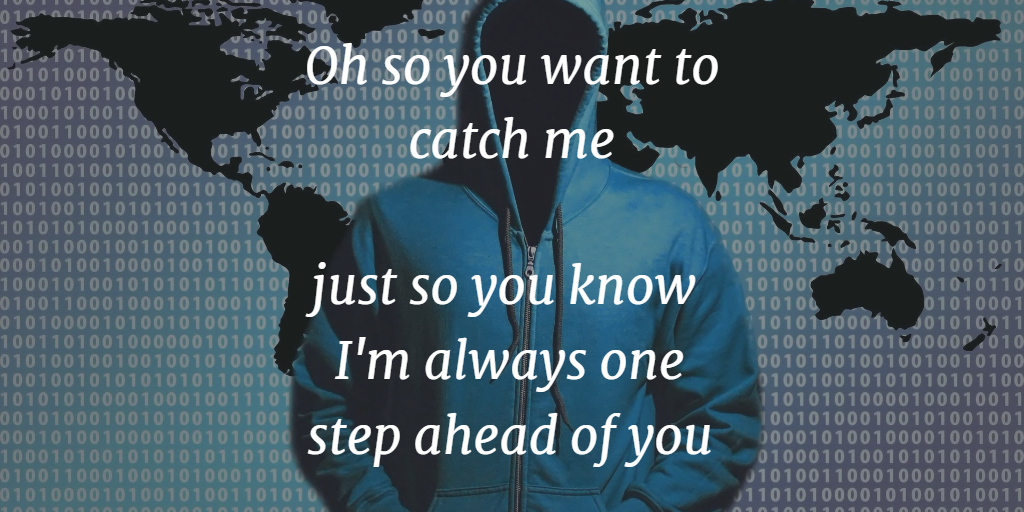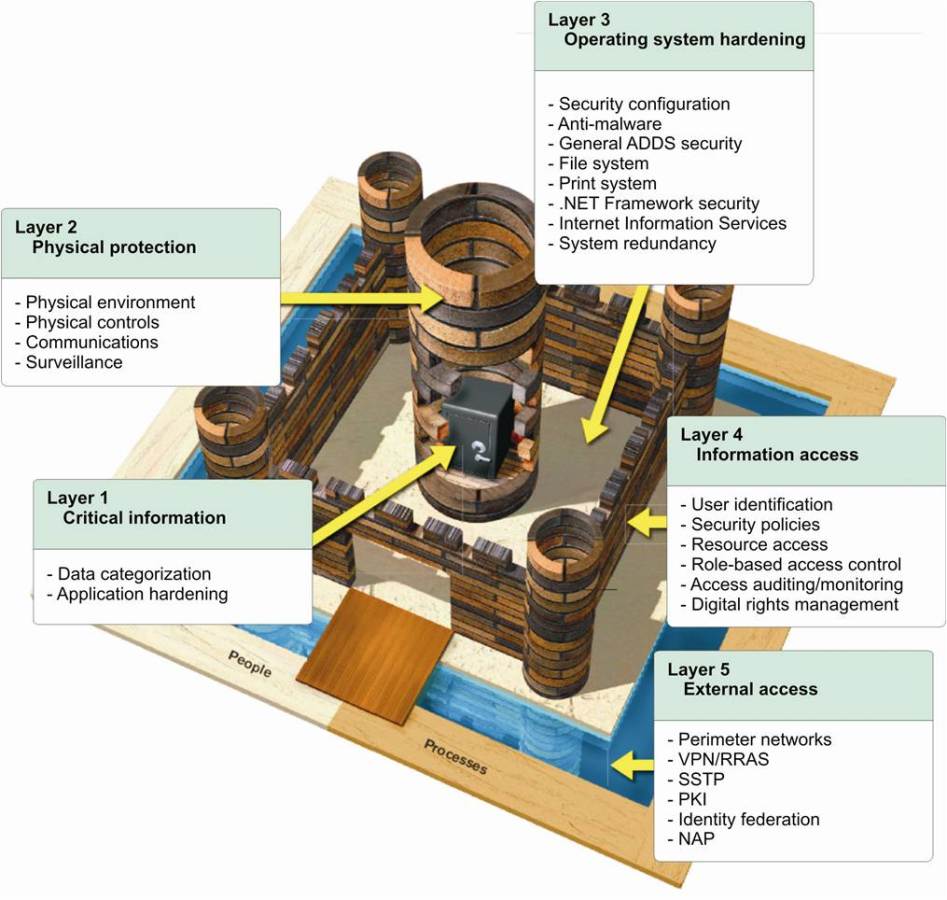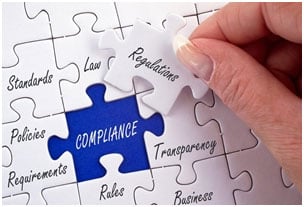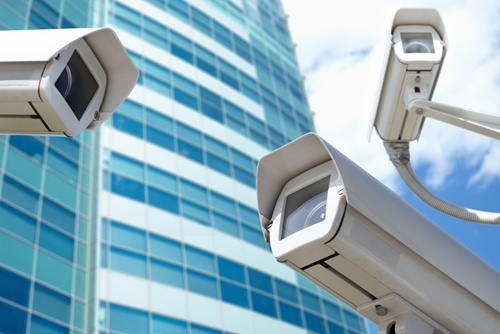If you don't have anything to hide, then why would you object if the police come to your home to search and take pictures of your documents without your permission?
Unfortunately for you as a consumer, the discussion regarding data protection is often focused on corporations and what they can do to prevent hackers from accessing mission-critical communications and intellectual property. The world needs a reawakening when it comes to personal data security, because right now, this issue is not taken seriously enough, and many people just don't understand that government surveillance programs are a massive infringement on privacy.
According to a recent poll conducted by Pew Research, only 17 percent of Americans stated that they were "very concerned" about digital government surveillance programs and their impact on the privacy of emails and personal electronic data. The source also noted that 35 percent are "somewhat concerned," while 33 percent are "not very concerned."
What separates detractors from those who don't care? Pew Research asserted that the "very concerned" category of Americans were also the group that has heard the most about government surveillance programs.
Furthermore, researchers found that Americans who are most informed about the federal government's lack of personal data privacy are becoming more skeptical about the true motives behind surveillance programs. Pew Research asked, "As you have watched the developments in news stories about government monitoring programs over recent months, would you say that you have become more confident or less confident that the programs are serving the public interest?" and 61 percent of the respondents who said they had heard of these programs answered that they were "less confident."
Too much surveillance
Why aren't all of the world's citizens concerned about government surveillance programs? Well, many individuals claim that they don't "have anything to hide," and therefore they don't care if their respective government agencies have backdoor access to or intercept emails and personal data. If you don't have anything to hide, then why would you object if the police come to your home to search and take pictures of your documents without your permission? Your personal electronic assets are no different from your personal physical assets, especially since digital data has become so intrinsic to the modern way of life.
Think about it this way: There's nothing to hide in one or two documents, but once the government has photos of everything in your whole home, how you get to work, what you're buying at the store, who you're emailing, what you are saying and so on, federal agencies have a comprehensive picture of you as an individual citizen. After all, nowadays, everyone's lives and everything they do is tracked and stored online - whether it's emails from college years or personal documents and photographs uploaded to Dropbox and iCloud. If the government has this information, corporations, hacker groups and other organizations could access it, especially if it isn't encrypted and secured.
Unless you implement simple and strong data protection and encryption solutions (such as CloudMask), the government could access all of your private and personal data.
Furthermore, individuals are often left in the dark when it comes to the removal of personal data privacy. According to the Electronic Frontier Foundation, the biggest tech companies started to publish annual reports detailing government data requests - federal agencies present search warrants before taking peoples' personal information. Furthermore, the EFF noted that in many cases these businesses are prohibited from reporting search warrants, so without personal data protection tools, your data and emails are at risk of seizure - that is, if they haven't already been accessed and stored in federal data centers - and you would never know.
Personal data protection is not taken seriously enough and many people just don't understand that government surveillance programs are a massive infringement on their freedom.
"He who sacrifices freedom for security deserves neither" Benjamin Franklin
The solution to government surveillance
Without data protection measures, any agency or police force with a warrant or an excuse could gain access to your confidential and personal digitally stored information, just as if officers or agents can walk into your house and photograph all of your belongings. Today, the world's citizens have a simple and low-cost solution to data security - one that not only protects data from federal governments, but that hides personal information from Google, Microsoft and other major tech companies. It should be easy and cheap to keep your data safe, and that is possible with CloudMask, a solution that provide data protection under breach. CloudMask obscures the information that you send, share and access with secure encryption keys that only you can use, ensuring that surveillance programs never impede your right to privacy.
At CloudMask, we believe that security companies must help individuals to secure their basic private communication, free of charge!. CloudMask offers Free email encryption for everyone, and Free professional accounts for any NGO.

With CloudMask, only your authorized parties can decrypt and see your data. Not hackers with your valid password, Not Cloud Providers, Not Government Agencies, and Not even CloudMask can see your protected data. Twenty-six government cybersecurity agencies around the world back these claims.
Watch our video and demo at www.vimeo.com/cloudmask
Share this article:

